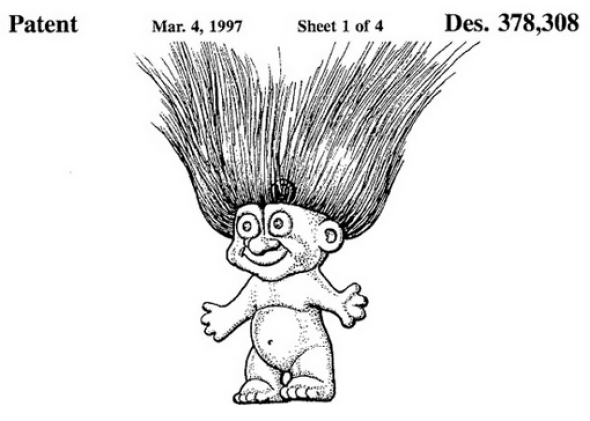As patent trolls go, MPHJ Technology Investments is a pretty accomplished one. In 2012, it bought the patents that allowed it to wreak havoc on small businesses for just $1. Over the next few years, it sent letters to 16,465 small businesses demanding a licensing fee of $1,000 or more per worker. MPHJ’s claim? It held patents that covered the process of scanning something directly to email. Despite the ambitious reach of this trolling, MPHJ turned out to have only one employee to its name: Jay Mac Rust, a Texas lawyer who was previously accused of running a Ponzi scheme.
If that sounds egregious to you, it presumably did to the Federal Trade Commission as well, which filed a complaint against MPHJ earlier this year. On Thursday, the agency announced it had at last reached a settlement with MPHJ over its “deceptive sales claims and phony legal threats.”
The deal calls for MPHJ, Rust, and their law firm, Farney Daniels, to stop making deceptive claims in their letters asserting patent rights—for example, falsely stating to the recipient that plenty of other businesses had already paid up for licenses, or threatening to file lawsuits that they had no intention of actually initiating. Violations of these terms will cost MPHJ up to $16,000 per letter.
“Patents can promote innovation, but a patent is not a license to engage in deception,” Jessica Rich, director of the FTC’s Bureau of Consumer Protection, said in a statement. “Small businesses and other consumers have the right to expect truthful communications from those who market patent rights.” According to the FTC, this settlement marks the first time it has used its consumer protection authority to take action against a patent troll.
The FTC settlement comes after MPHJ in September lost a “pre-emptive strike” lawsuit that it had filed against the FTC and its four commissioners for their “unlawful interference” and “threats” to the company’s constitutional rights. In that case, a district court judge sided with the FTC and dismissed MPHJ’s suit.
